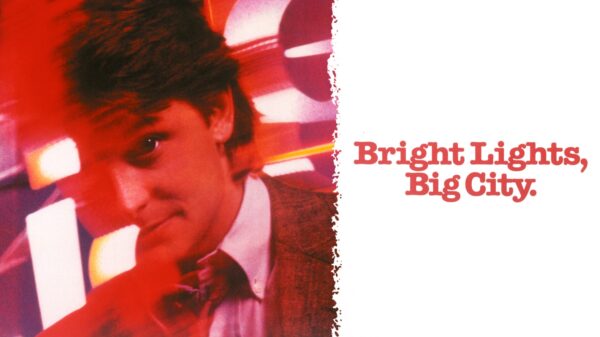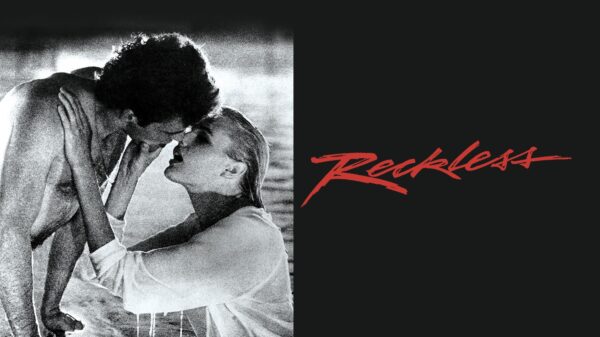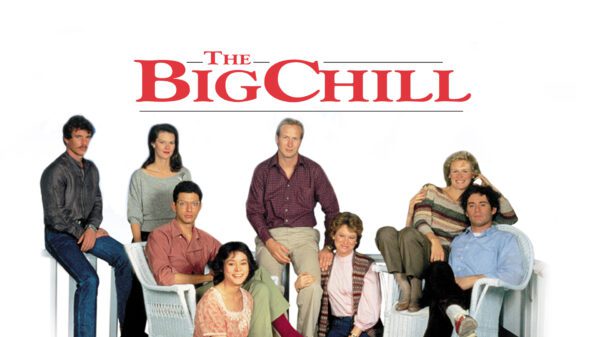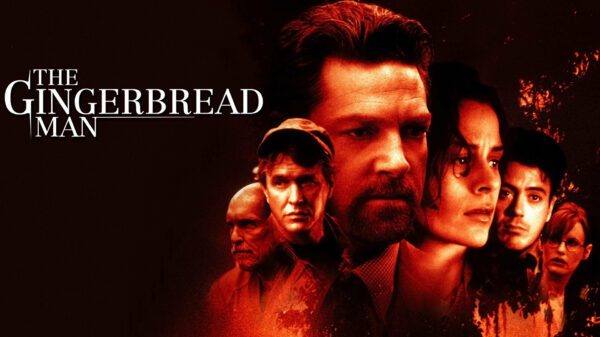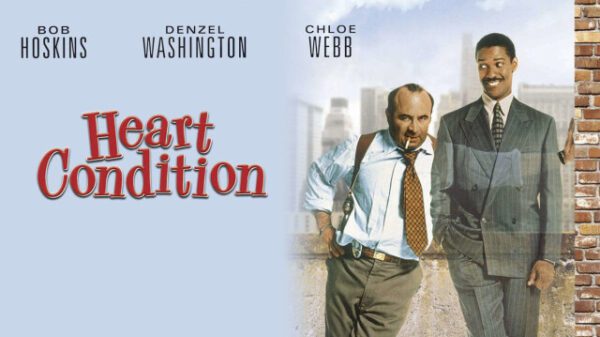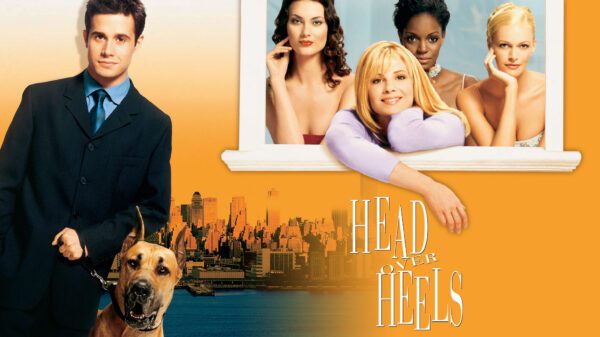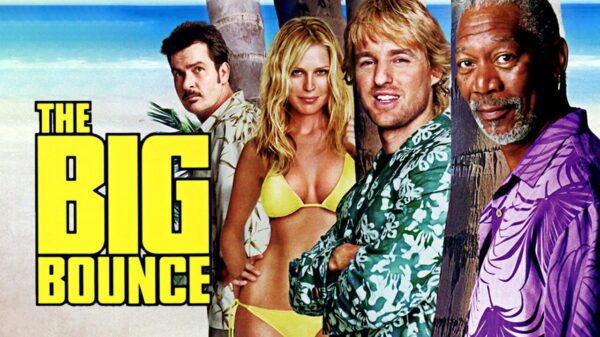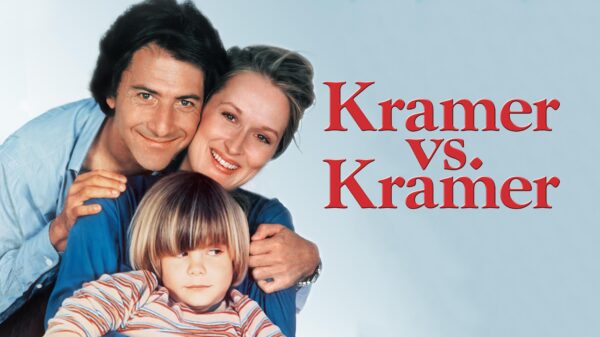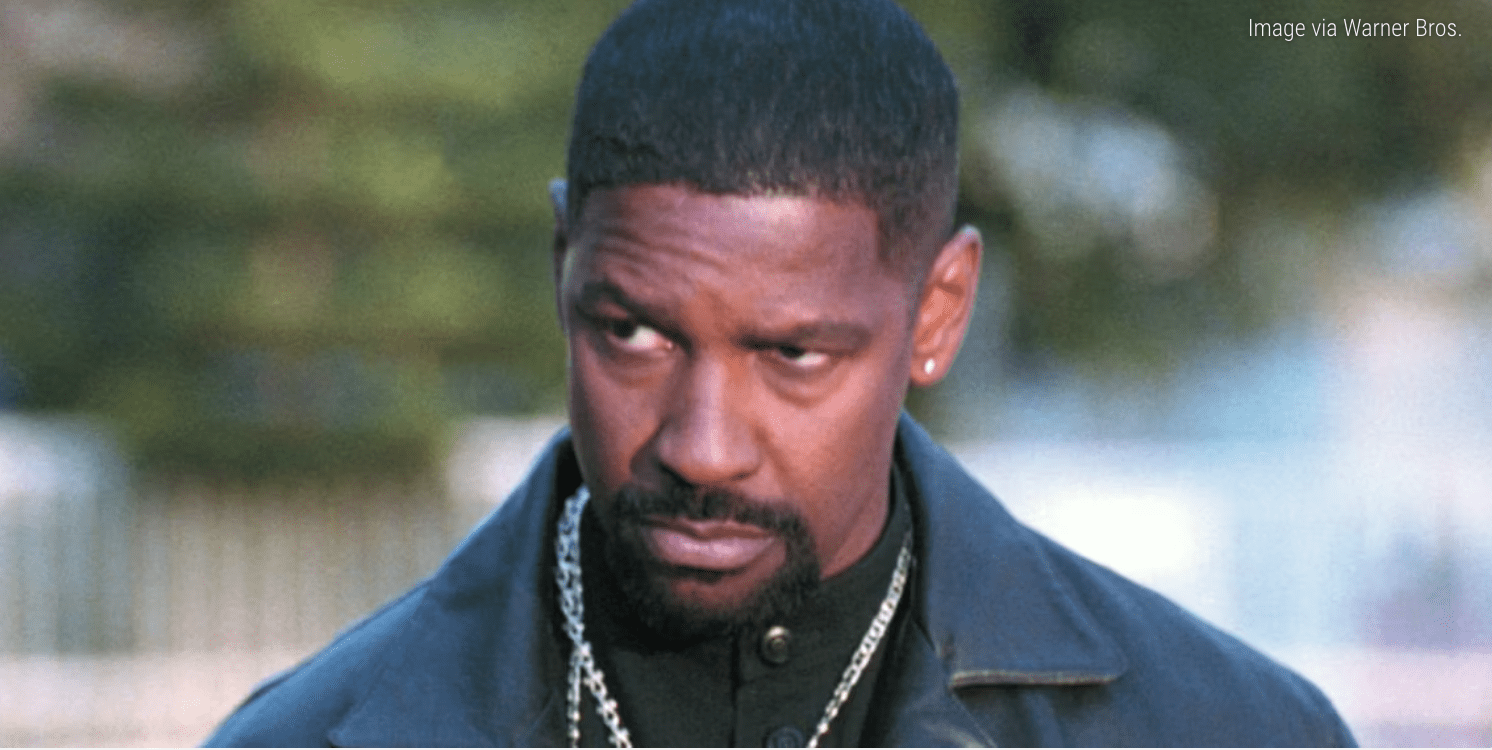Perfect, released in theaters on June 7, 1985, delves into the vibrant, often intense, world of fitness clubs as a new social frontier, exploring themes of celebrity, journalistic ethics, and human connection in the 1980s. The film offers a fascinating glimpse into a particular moment in time, wrapped in a story of ambition and unexpected romance.
The story centers on Adam Lawrence (John Travolta), a ambitious Rolling Stone reporter who travels to Los Angeles to write an exposé on how health clubs have become the “new singles bars.” His investigation leads him to “The Sports Connection,” a popular gym where he meets Jessie Wilson (Jamie Lee Curtis), an aerobics instructor who vehemently guards her privacy after a past journalistic betrayal.
As Adam tries to get closer to Jessie for his story, their professional boundaries blur, and a complicated relationship develops, forcing them both to confront their vulnerabilities and the true meaning of trust. The film explores the pursuit of physical perfection, the superficiality of fame, and the surprising depth of human connection found in unexpected places.
Travolta delivers a compelling performance as Adam, portraying the ambitious journalist with a blend of charm and underlying integrity. He navigates the ethical dilemmas of his profession while grappling with his growing feelings for Jessie.
Curtis is a standout as Jessie Wilson, bringing a fierce independence, emotional resilience, and a captivating physicality to her role. Her portrayal of a woman wary of the media, yet drawn to Adam, is both relatable and powerful. Their on-screen chemistry is a key element of the film, making their evolving relationship feel authentic.
Marilu Henner and Laraine Newman star as health club members who become enthralled with the idea of being featured in the article.
Jann Wenner, essentially playing himself, adds a touch of authenticity to the Rolling Stone setting.
Director James Bridges, who also directed Urban Cowboy, creates a visually distinctive world, capturing the high-energy atmosphere of 80s fitness culture with a blend of realism and stylized aesthetics. The aerobics sequences are dynamic and integral to the film’s setting and character development.
The screenplay, co-written by Bridges and Aaron Latham (whose Rolling Stone article inspired the film), tackles complex themes of journalism, privacy, and the human need for connection, offering a more nuanced narrative than a simple romance. While the film was met with mixed reviews upon its release, it has gained a cult following for its unique depiction of an era and its compelling central performances.

Jamie Lee Curtis and John Travolta in Perfect (Photo/Columbia Pictures)
Reception for Perfect
Perfect grossed $4.4 million on its opening weekend, finishing fifth at the box office.
The film would gross $12.9 million in its theatrical run.
Paul Attanasio called Perfect “a trashy movie about women jumping up and down in leotards, but it’s also more (and less) than that, a look at the wages of the free press,” in his review.
Legacy
Perfect is an engaging and thought-provoking drama that offers a unique lens into the cultural landscape of the 1980s. It’s a film that succeeds in blending romance with social commentary, anchored by strong performances and a compelling storyline.
For those interested in a film that explores the intersection of fitness, media, and human relationships, Perfect offers an insightful and entertaining experience.

